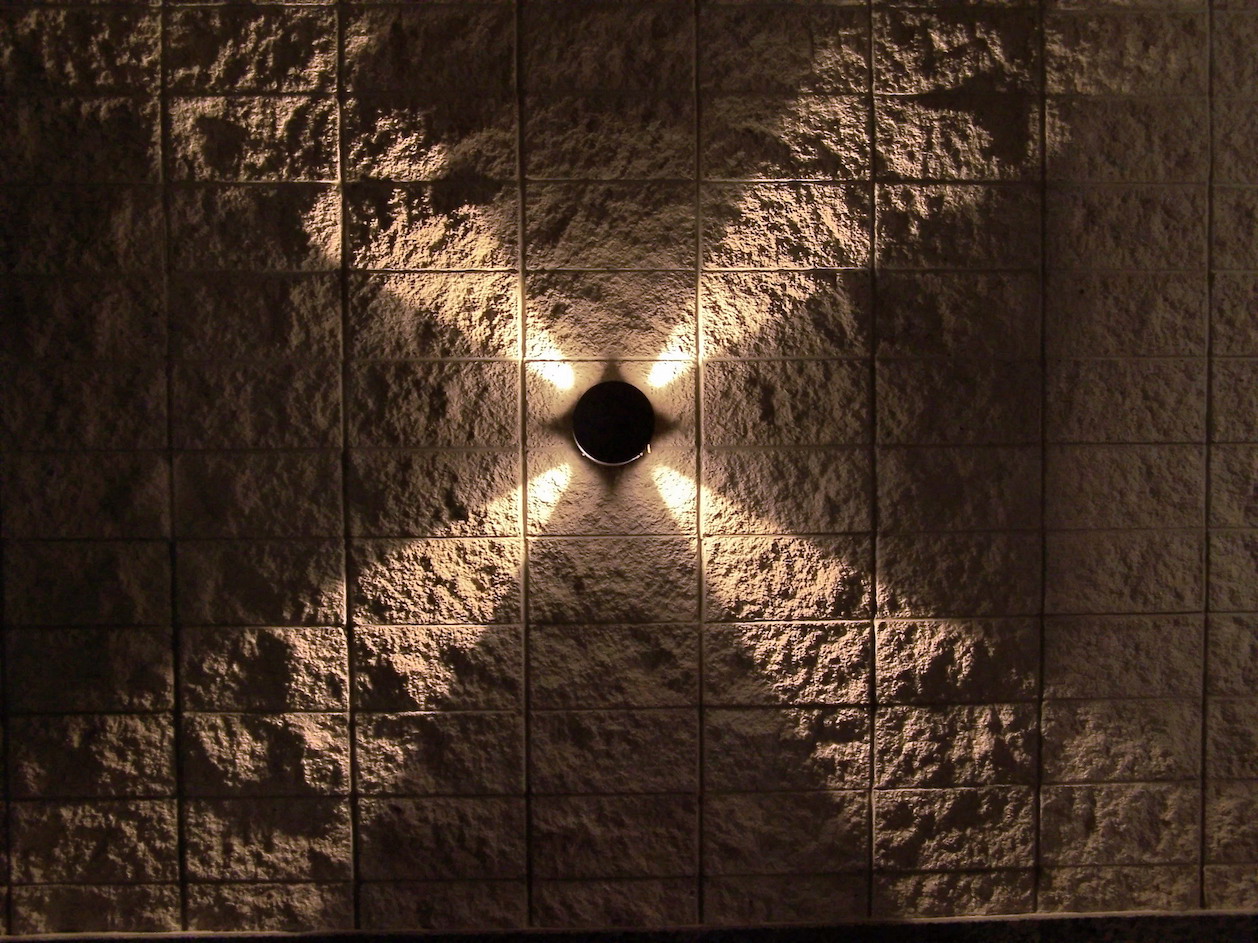Between the 5thand 10thcenturies, in a period historically identified as the “Dark Ages,” the Celtic Christians are an inspiring movement. Their passion to make the love of Jesus known awakened large parts of Europe. To Ireland, during the second half of the fifth century, came St. Patrick. At the end of the 6th century, Pope Gregory I sent a mission under St Augustine to “convert the Anglo-Saxons” and they duly arrived in Wales.
The Celtic Christians understood that our very human propensity to settle for what is comfortable or familiar has the capacity to limit both our experience of God’s love and inhibit the reach of God’s love. They had an intriguing name for the Holy Spirit; they called Him, “An Geadh-Glas” (or “The Wild Goose”). In their understanding, the Holy Spirit, as well as being the great comforter was also willing to disturb the status quo in order that we might go deeper and wider in God’s love.
The Celtic Christians lived out their faith by embracing this understanding. Often, when they set out on pilgrimage, they would get into a small boat called a coracle, hoist the sail, pull up the rudder, and go where God took them by way of the wind. Jesus told us, “The wind blows where it wishes, and you hear its sound, but you do not know where it comes from or where it goes. So it is with everyone who is born of the Spirit.” (John 3:8).
I am not suggesting that we all go out and buy a boat and adopt this as an outreach strategy (although 5 River Road is conveniently close to the Mianus River and Cos Cob Harbour). But I do think that the Celtic understanding of the passion and purpose of the Holy Spirit – His great desire that the messianic agenda be advanced through us and in us – is worth holding on to.
The Celtic Christians knew that “The Wild Goose” could not be tamed – that in the Holy Spirit there is the fullness of God’s life, radical generosity, amazing grace, the capacity to soar to new heights, more joy, more freedom, and even the welcome air of adventure and unpredictability.
Could the Celtic Christians have ever imagined what their willingness to follow “The Wild Goose” would achieve? Centuries after the Celts had landed, in the year 1620, a band of pilgrims boarded a vessel and left the Isle of the Anglo-Saxons from a small town called Plymouth and crossed the Atlantic to a new shore. They went forth with the same leading of “The Wild Goose” and the world would be changed forever.
Our calling is no less. You and I were made to fly – to spread our wings and let the thermals of the Holy Spirit lift us higher and higher into the reaches of the Father’s love. We were made to feel the wind of God’s Spirit on our backs and the breath of God’s Spirit on our faces. “The Wild Goose” will always seek to mess up our hair and make our eyes wet with His tears. God is not calling us to be adventurous for the sake of being adventurous. “The Wild Goose” is leading us in the proclamation and hands-on delivery of the Gospel. Pain and poverty, disability and debt, injury and injustice have no place in the restored creation. The Holy Spirit is actively working against them now and He invites us to climb into our coracle, shake off the familiar and religion that is comfortable, and join with Him.

